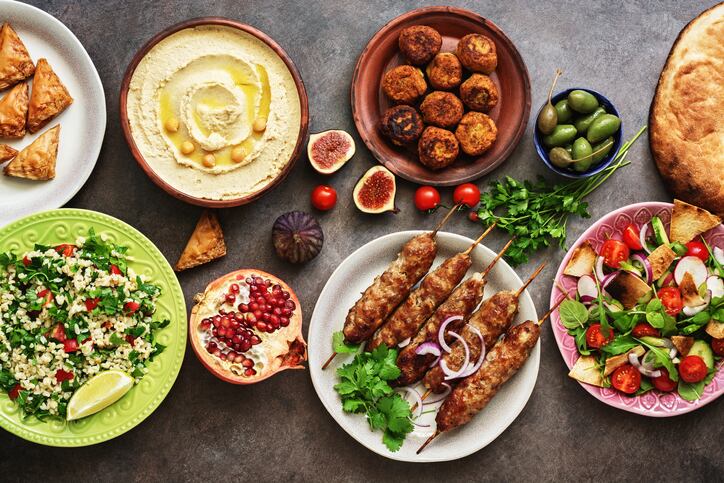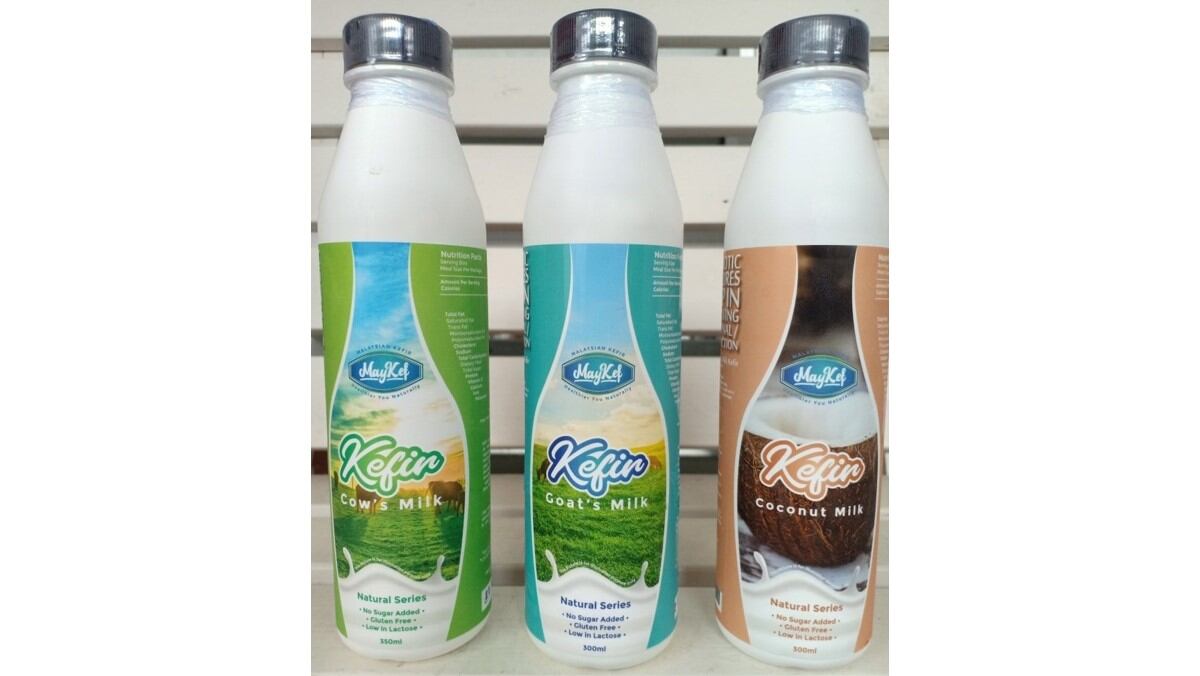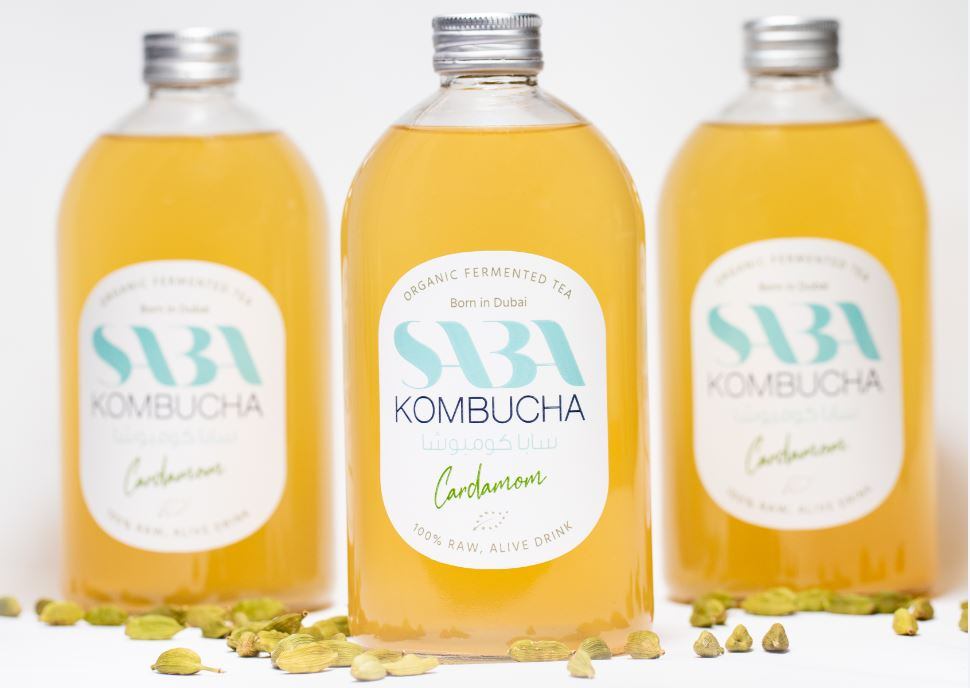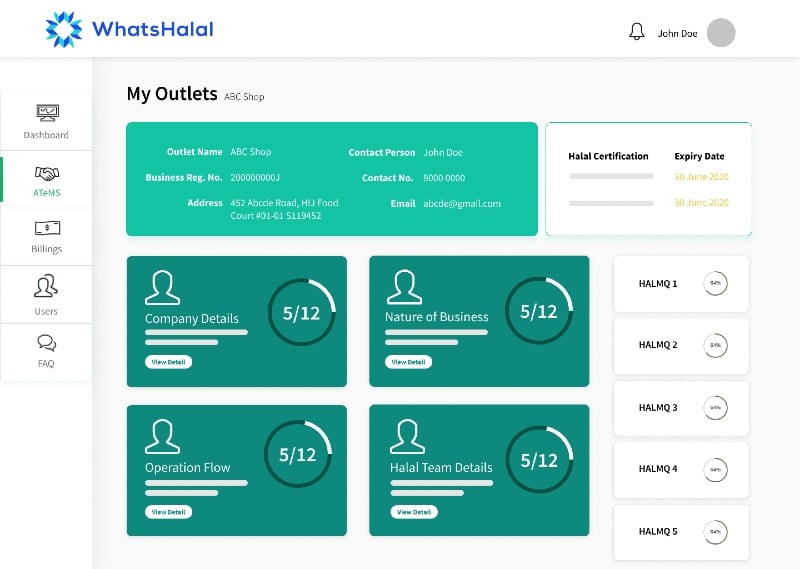This is according to The State of the Global Islamic Economy 2020/21 report published by DinarStandard, in collaboration with Salaam Gateway. The report is published annually, covering the global halal industries in food, finance, fashion, pharmaceuticals, cosmetics and more.
It was reported that the halal food industry grew 3.1% from US$1.13 trillion in 2018 to US$1.17 trillion in 2019.
Pre-Covid-19, the market is projected to grow at a CAGR of 6.3% from 2018 to 2024, however with the ongoing pandemic, the report forecast growth to drop to 3.5% to reach US$1.38 trillion by 2024.
Indonesia (US$144bn), Bangladesh (US$107bn), and Egypt (US$95bn) were ranked the top three spenders, retaining their position from last year.
The biggest halal food exporters were Brazil (US$16.2bn), India (US$14.4bn) and US (US$13.8bn).
Food security
Particularly for the 57 countries in the Organisation of Islamic Cooperation (OIC), import dependence on raw materials has made them vulnerable to disruptions in the food supply, while also making food manufacturing more expensive.
Yerlan Baidaulet, director general at the Islamic Organization for Food Security commented: “Food insecurity is threatening the lives of millions across the world and more so in the OIC countries. I urge halal food producers to address gaps from food trade disruptions. Islamic finance must play a crucial role in building food supply chains in these countries."
The report suggest that governments must build or invite investment to develop produce and ingredients locally through food-tech and agri-tech. This will enable countries to quickly scale up halal production and exports and improve the resilience of supply chains.
More overseas businesses are expected to move production closer to the halal market. For instance, Symrise opened a new facility in Egypt to develop customised products for the African and Middle Eastern markets.
Japanese flavour houses Takasago and Ajinomoto are setting up halal production facilities in Indonesia and Malaysia respectively.
Arla Foods invested US$55 million in a cheese production facility in Bahrain to cater to the MENA region.
E-commerce surge
With stay-home restrictions and the lack of tourists, the HORECA (hotel, restaurant, café) sector have seen revenues falling as much as 85% globally. Events such as the Tokyo Olympics have been postponed, which is estimated to lose US$3bn in the global halal trade.
However, sales of grocery e-commerce and packaged retail foods surged during this time, as home cooking grew.
For Saudi Arabia’s supermarket giant BinDawood Holding and UAE’s Carrefour, their e-commerce sales increased 200% and 59% respectively during the pandemic.
With growing opportunities in the halal e-commerce food space, Germany’s Delivery Hero recently acquired Dubai’s grocery marketplace, InstaShop for US$360m, while Turkish’s grocery delivery startup, Getir raised US$38m to expand internationally.
Halal regulations and trade developments
The report also highlighted new national halal strategies and trade relationships that will affect the halal food industry.
For the first time, Indonesia made halal certification mandatory for halal food products and established the Halal Products Certification Agency (BPJPH).
In Saudi Arabia, the national system for halal products was approved.
Over in Pakistan, the Pakistan Halal Authority (PHA) is expected to begin functioning in the federal capital to promote halal products within the country and abroad.
In Egypt and the Philippines, they introduced the ‘Halal in Egypt’ mark for Egyptian halal exports and an official national halal logo for the latter.
With a market the size of almost two billion Muslims worldwide, the report said a harmonised halal standard will help create more opportunities for all stakeholders.
In trade developments, non-OIC countries are increasing partnering with OIC countries to tap into the lucrative halal market.
The Philippines and Indonesia announced a government-to-government (G2G) agreement to facilitate the export of Philippine halal products to Indonesia.
Brazil signed an MOU with the UAE’s Halal Trade & Marketing Center (HTMC) to diversify its halal offerings to include gourmet foods, ingredients and animal feed.
Singapore’s Warees Halal entered an agreement with Japan’s Tourist Bureau to promote and provide halal certification.
Malaysia is looking to expand its presence in Japan and India’s halal sector.
For South Korea, it plans to target the halal market especially in Indonesia, in line with its food industry strategy for 2030.




